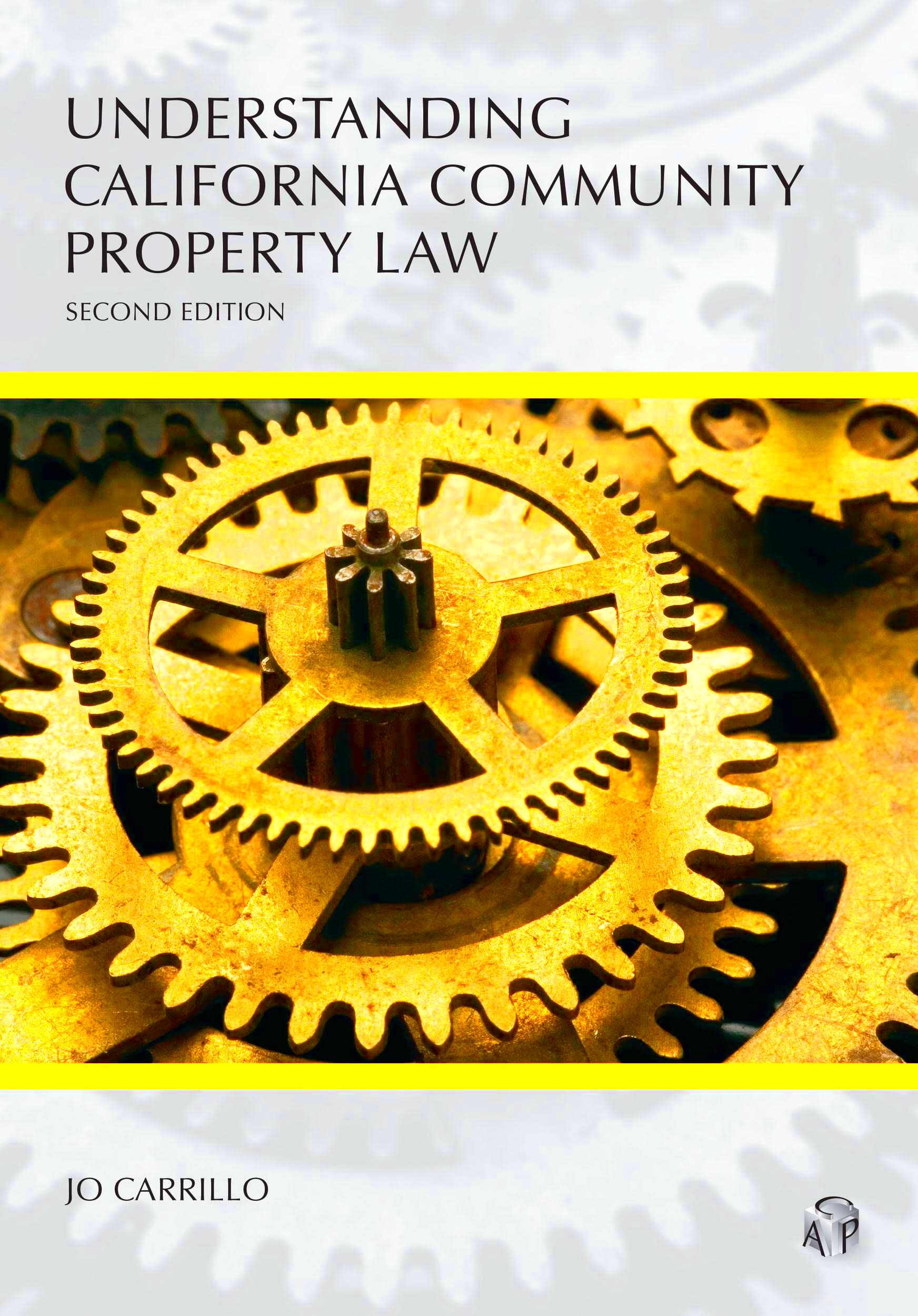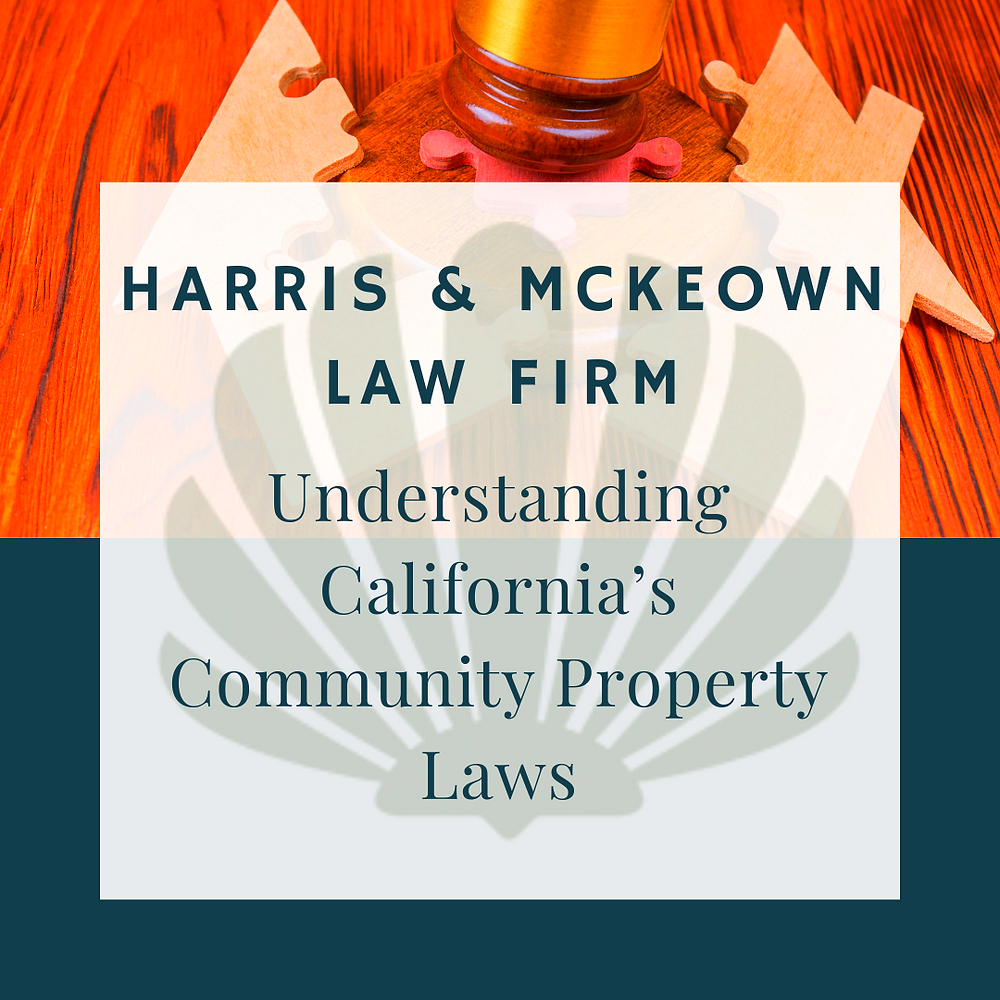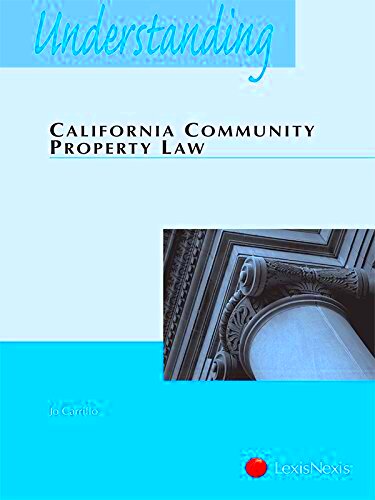A Guide to California’s Community Property Laws
The laws of California require that every property acquired during a marriage be handled in accordance with community property laws. To put it simply, anything earned or bought while one is married is regarded as common property and both spouses have an equal ownership on it. Court’s aim in making this system was to ensure justice and equality among the partners at the time of divorce or separation.
With regards to handling marital assets, California is among the limited number of states that operate under the community property model. These laws are very important and must be understood especially if you are on the verge of marriage, about to enter into divorce negotiations or have to make some estate planning. When you know what your rights and responsibilities are, it will help in making wise decisions on your property.
Key Features of Community Property

Community property has its own defining features which differentiate it from other styles of ownership. The main characteristics include the following:
- Equal Ownership: Both spouses share equal ownership of community property. This means that even if one spouse earned the income, both have rights to it.
- Automatic Division: In the event of a divorce, community property is typically divided 50/50 unless a prenuptial agreement states otherwise.
- Exclusions: Some assets are considered separate property, such as gifts or inheritances received by one spouse. These are not subject to division.
- Debt Responsibility: Community property laws also apply to debts. Both spouses may be responsible for debts incurred during the marriage, even if only one spouse took out the loan.
Couples are better suited navigators of their financial landscape and become more prepared for any future changes by understanding these features.
How Community Property Is Acquired

The various means of acquiring community property is very crucial for a married couple. A summary is given below:
| Method of Acquisition | Description |
|---|---|
| Income Earned | Any salary, bonuses, or income earned by either spouse during the marriage counts as community property. |
| Purchases Made | Items bought with community funds, such as a house or car, become community property. |
| Investments | Profits or gains from investments made with community funds are also considered community property. |
| Business Earnings | If a spouse owns a business, any income generated during the marriage is community property. |
Coupons can be used for practical and tasteful gift or any other kind of present. Also, it is wise to seek advice from friends who have been through marriage before when it comes to making your own decisions about finances in future some day.
Community Property vs. Separate Property

It is very important to differentiate community property and separate property while talking about property rights in California. This understanding helps couples in handling their assets during divorce or legal separation more efficiently. To put it simply, community property comprises of all the belongings acquired during marriage whereas separate property consists of that which one spouse owned before marriage or received as a present or legacy.
The distinctions are viewed more closely in this article:
| Aspect | Community Property | Separate Property |
|---|---|---|
| Ownership | Owned equally by both spouses | Owned solely by one spouse |
| Acquisition | Acquired during marriage | Acquired before marriage or through gifts/inheritance |
| Division in Divorce | Divided 50/50 | Remains with the original owner |
| Debt Responsibility | Both spouses may share responsibility | Only the original owner is responsible |
You may defend your interests by understanding the above-stated variants, for example, before marriage and during divorce. If you have any particular queries in relation to your own case, do ask a lawyer.
Division of Community Property in Divorce
Splitting community property during divorce is sometimes one of the hottest conflicts husband and wife must tackle. In California, divorce law states that community property should be divided equally, which means each spouse receives 50% of all marital assets. But in reality, this process may be much more complicated and it often requires negotiations as well.
During the division, there are crucial stages and elements that need to be taken into account:
- Identification of Assets: Both spouses must identify all community property, including bank accounts, real estate, and personal belongings.
- Valuation: Each asset should be appraised to determine its fair market value. This is crucial for a fair division.
- Negotiation: Couples can negotiate how to split the assets. Sometimes one spouse may keep the family home, while the other receives other assets of equal value.
- Legal Agreements: It’s often wise to have a legal agreement, such as a divorce settlement, to formalize the division of property.
In the course of this process, having an open line of communication and understanding will make it easier to reach a compromise. Consulting a family law attorney can offer imperative direction that is specific to your case.
Exceptions to Community Property Rules
Albeit, California’s community property laws are designed to be fair, there are certain exceptions when some assets may not qualify so. By understanding this exemption, it will aid you to protect your interests and ensure an even distribution of property. Below are some such notable exceptions:
- Gifts and Inheritances: Any assets received as gifts or inheritances by one spouse, even during the marriage, are considered separate property.
- Property Acquired Before Marriage: Assets owned by one spouse prior to the marriage remain separate property unless they are commingled with community assets.
- Property Acquired after Separation: Any property purchased after the couple has legally separated is usually classified as separate property.
- Agreements: Couples can enter into prenuptial or postnuptial agreements that can define how property will be handled, creating exceptions to standard community property rules.
Purses can redeem any mess up made to other accomplices since they know what they are doing more. They should get it straight from an advocate in case they do not know how such things affect them.
Implications for Estate Planning
When it comes to estate planning in California, an understanding of community property laws is critical. Because community property laws require that all assets earned during a marriage be shared by both partners equally, it glibly determines your future planning. Therefore, it is important that you ensure your wishes about how to divide your property are fulfilled after your death through effective estate planning especially where community property states are concerned.
Estate planning in California should involve a strong understanding of the community property rules. This is largely because these laws mean that both spouses respectively own assets gained during their matrimony which makes them very influential on future planning This implies that proper estate planning will make sure your desires concerning property division are adhered to upon your demise, especially while living in a community property state.
There are a few significant implications that need attention in this regard:
- Asset Distribution: Knowing which assets are community property and which are separate can help you decide how to distribute your estate.
- Survivor Rights: In a community property arrangement, surviving spouses often have rights to the deceased spouse’s share of community property, which simplifies the inheritance process.
- Trusts: Creating a trust can be an effective way to manage community property, allowing you to specify how your assets should be handled upon your death.
- Tax Implications: Understanding community property can help in planning for taxes, especially since certain assets can receive a “step-up” in basis upon death, reducing capital gains tax for heirs.
It is essential that you talk to someone who knows about common property laws so they can help you maneuver through these matters skillfully. This will guarantee that your belongings are given out in the way you want them to be distributed.
Seeking Legal Advice on Community Property Issues
It’s often advisable to acquire legal advice in navigating a divorce, separation, or estate planning because understanding community property laws can be complicated. An experienced lawyer might offer clarity and condolences depending on your specific situation.
Here’s when and why you might want to take into account legal assistance:
- Divorce Proceedings: An attorney can help ensure fair division of community property and protect your interests during negotiations.
- Asset Valuation: Legal professionals can assist in accurately valuing community property, which is crucial for fair distribution.
- Prenuptial and Postnuptial Agreements: If you’re considering an agreement to protect separate property, a lawyer can help draft it effectively.
- Estate Planning: A legal expert can guide you in structuring your estate plan to comply with community property laws and your personal wishes.
In conclusion, getting legal counsel may help you spare some time, reduce financial expenditure and ease your mind. This assures the protection of your rights while also enabling you to take wise choices about your property.
Frequently Asked Questions about Community Property
In terms of laws pertaining to community property, a lot of individuals often have similar queries. By knowing the responses to these commonly asked questions, some of the intricate aspects can be simplified.
- What is community property? Community property refers to assets acquired during marriage that are owned equally by both spouses.
- How is community property divided in a divorce? Typically, community property is divided equally, meaning each spouse receives 50% of the marital assets.
- Are gifts considered community property? No, gifts received by one spouse during the marriage are classified as separate property.
- What happens to community property if one spouse dies? The surviving spouse usually retains their half of the community property, while the deceased’s half can be subject to inheritance laws.
- Can couples change their community property status? Yes, through prenuptial or postnuptial agreements, couples can define how their property will be treated.
In regards to these FAQs, one can comprehend community ownership laws. However, it is best to consult an attorney if you have particular worries as they can offer you sound counsel.
Conclusion on Community Property Laws
To sum up, community property laws are really important for the people involved in marriage, divorce, or estate planning in California. The purpose of these laws is to ensure fairness by treating all property bought during marriage as community property. Separating community assets from separate property gives people an opportunity to manage and divide their properties properly. With this knowledge about prenuptial agreements, divorce processes, and estate planning; you will position yourself well financially because you are aware of your rights with respect to community property laws. In some instances seek legal help if you want to safeguard your interest and fulfill other obligations.


